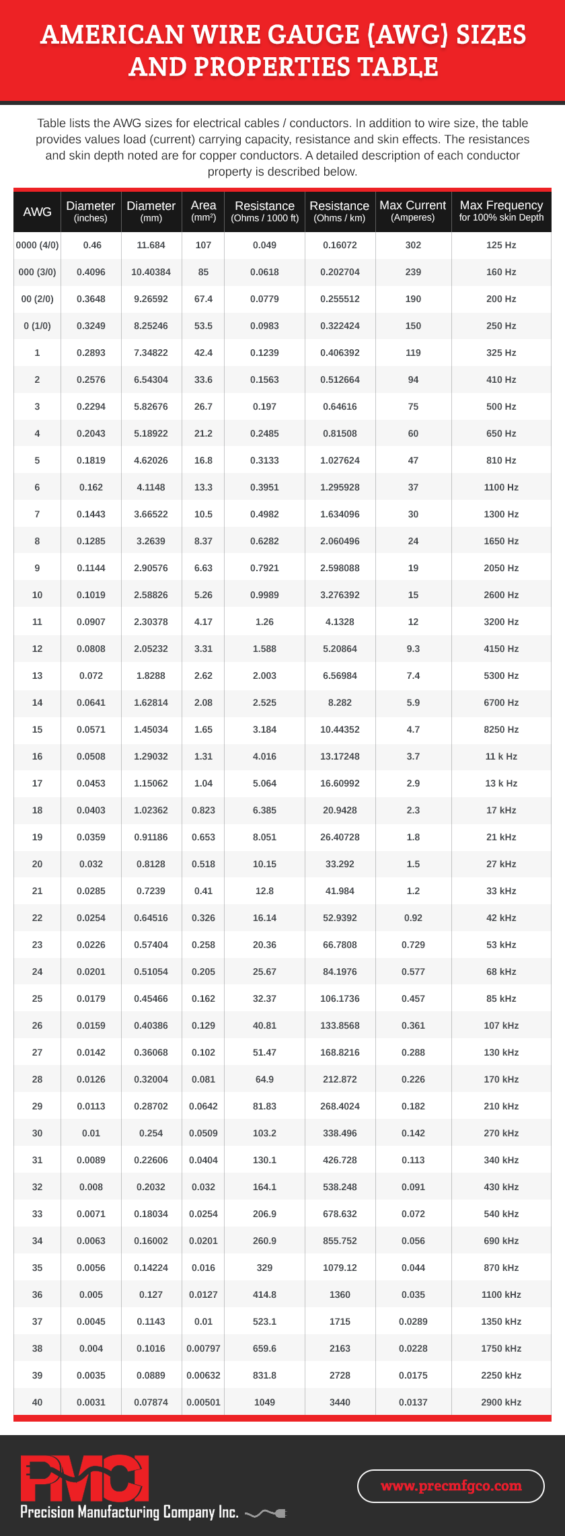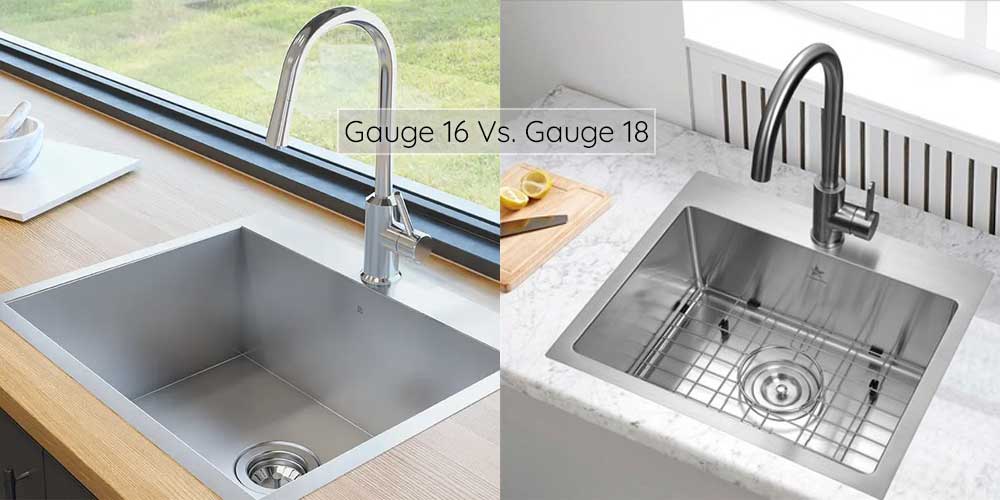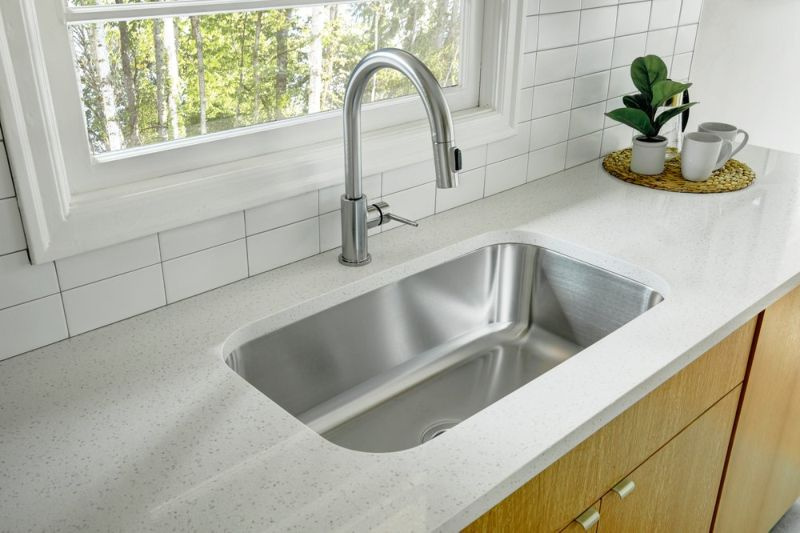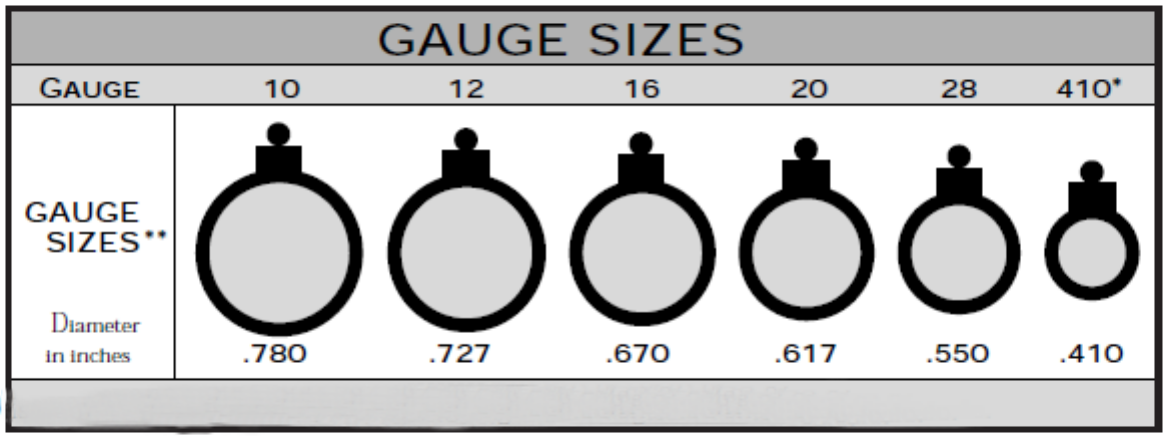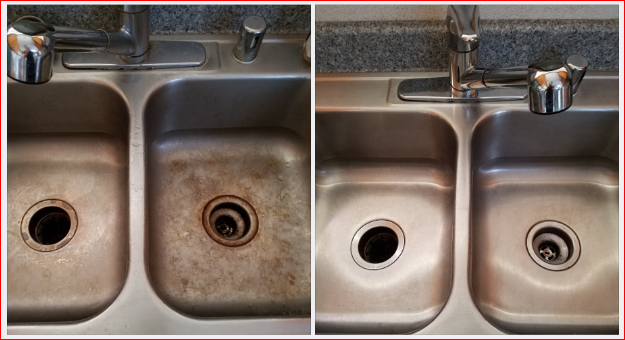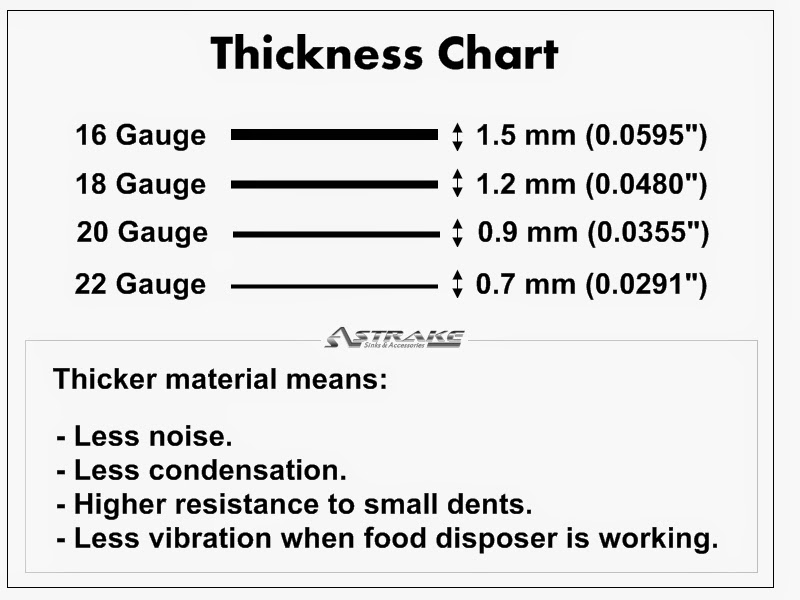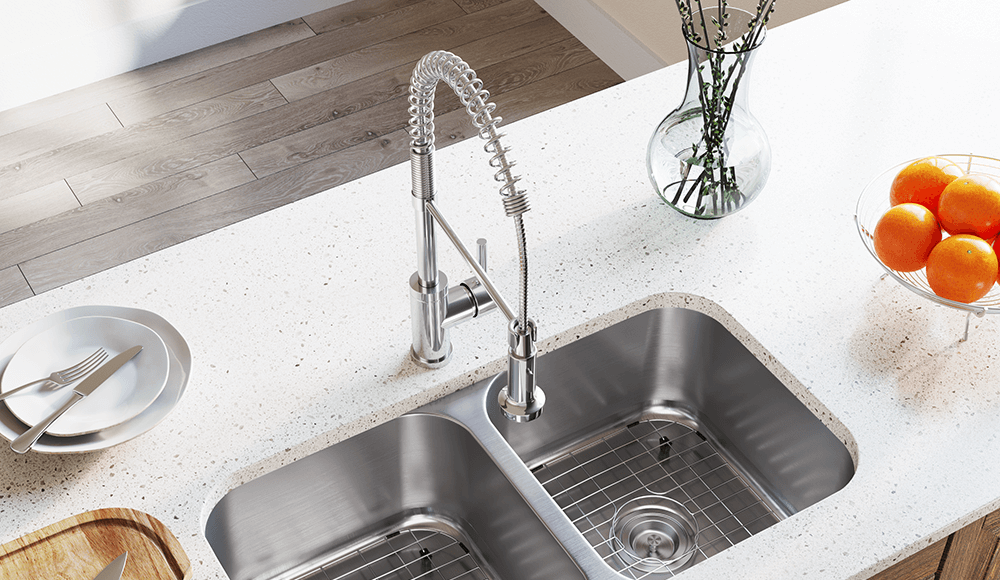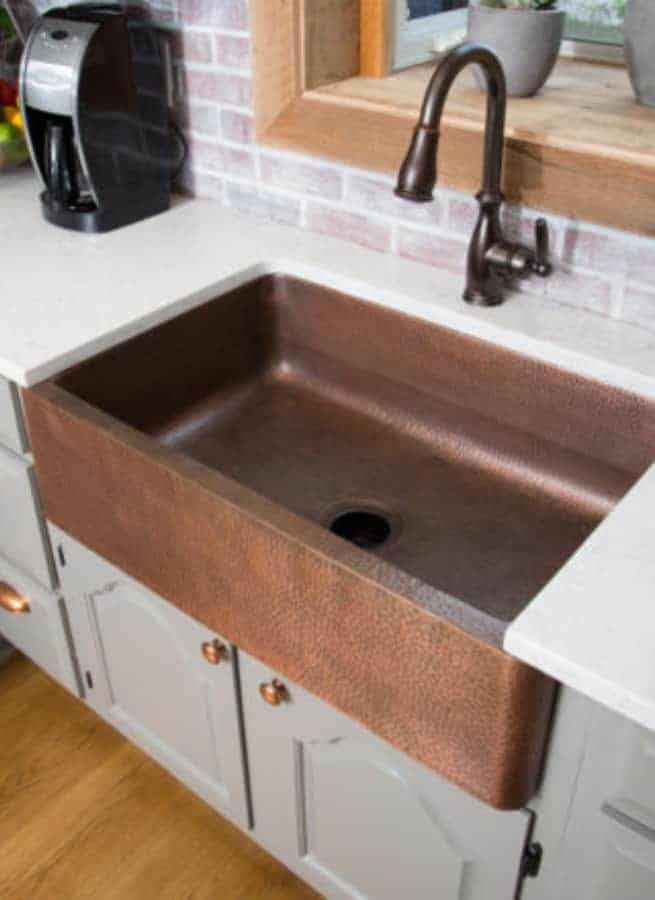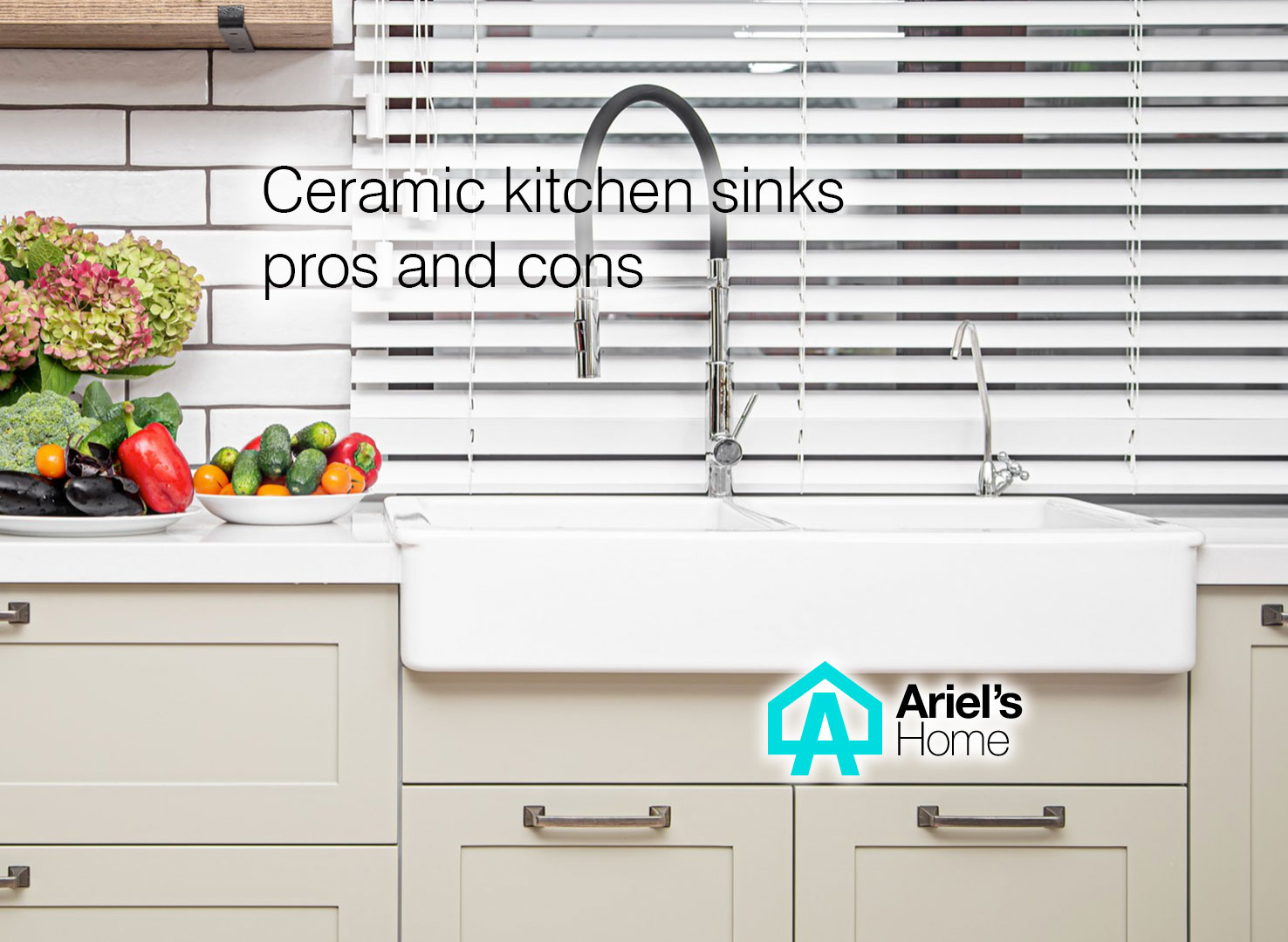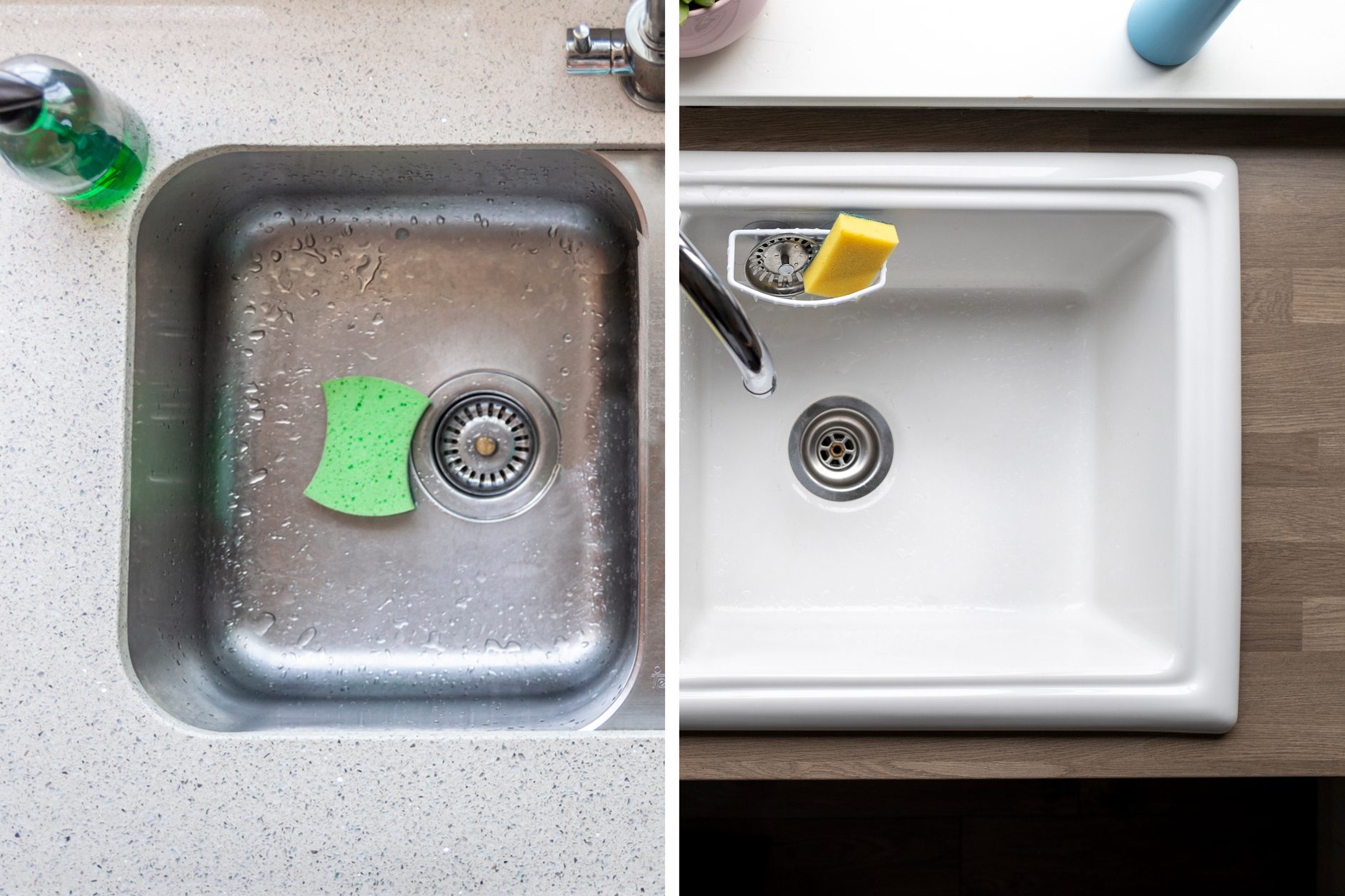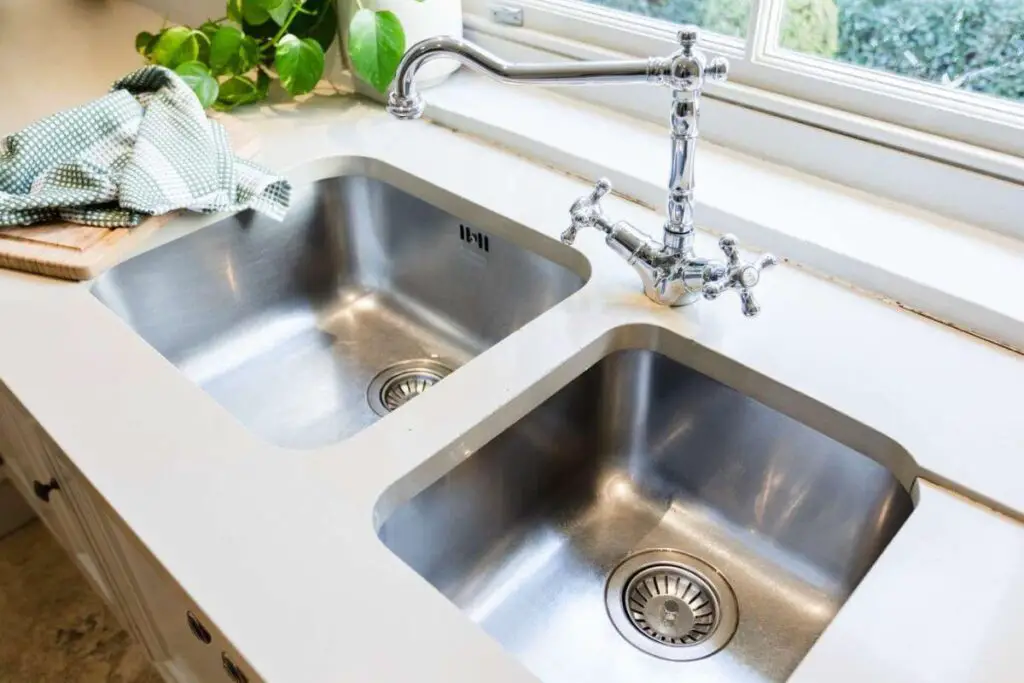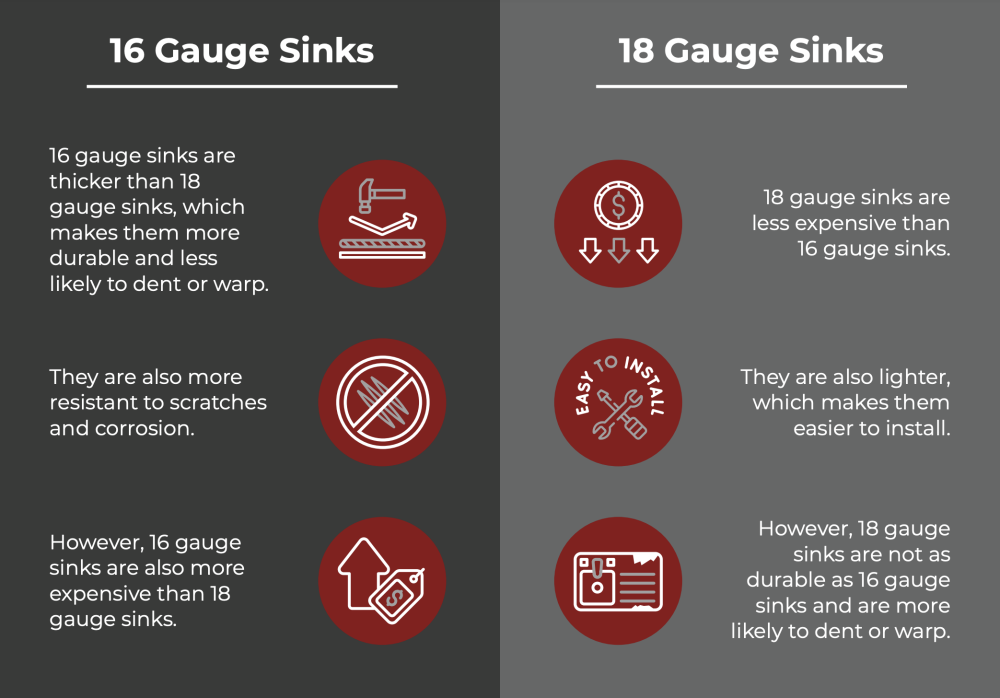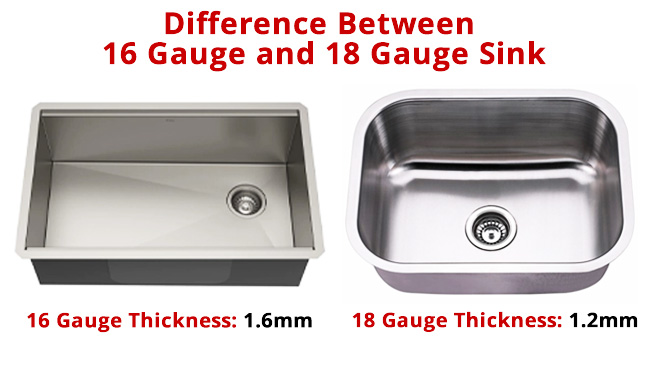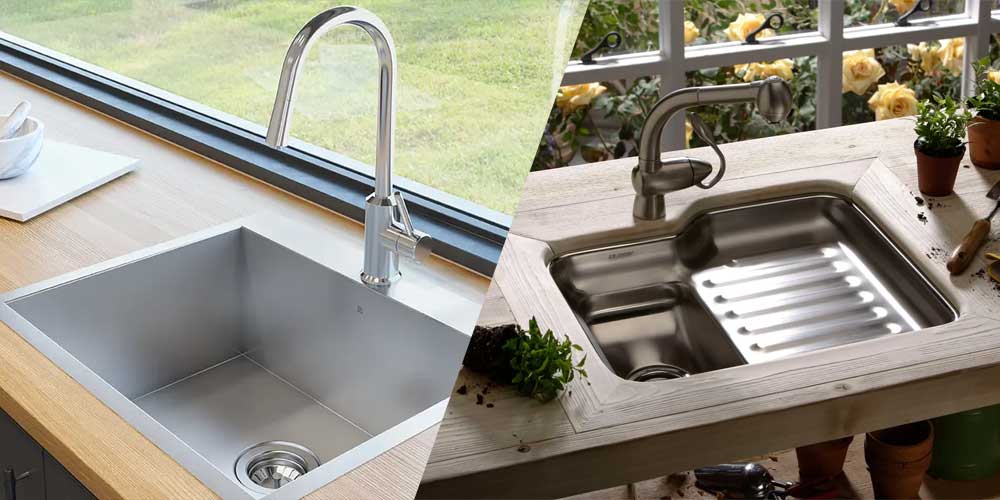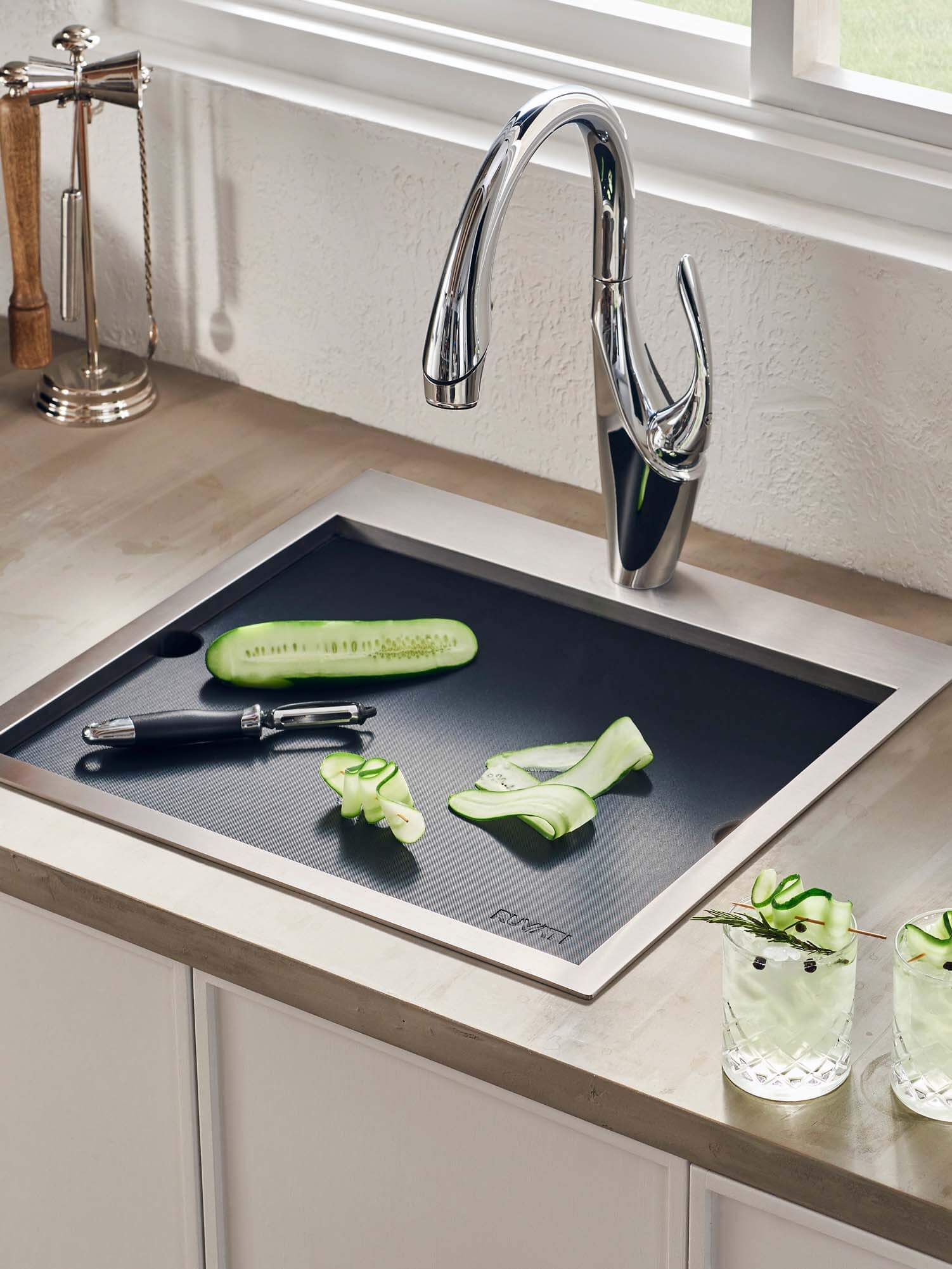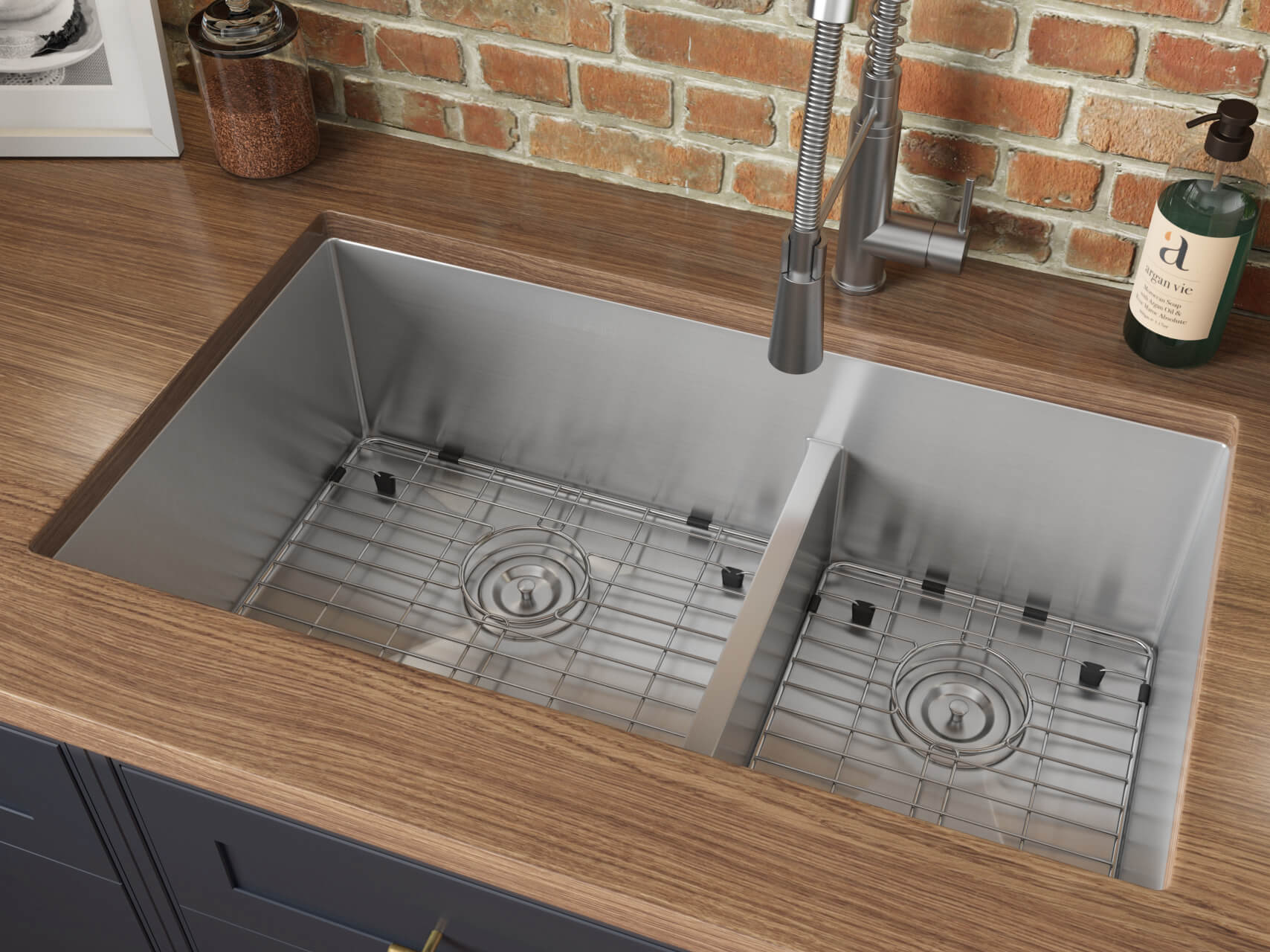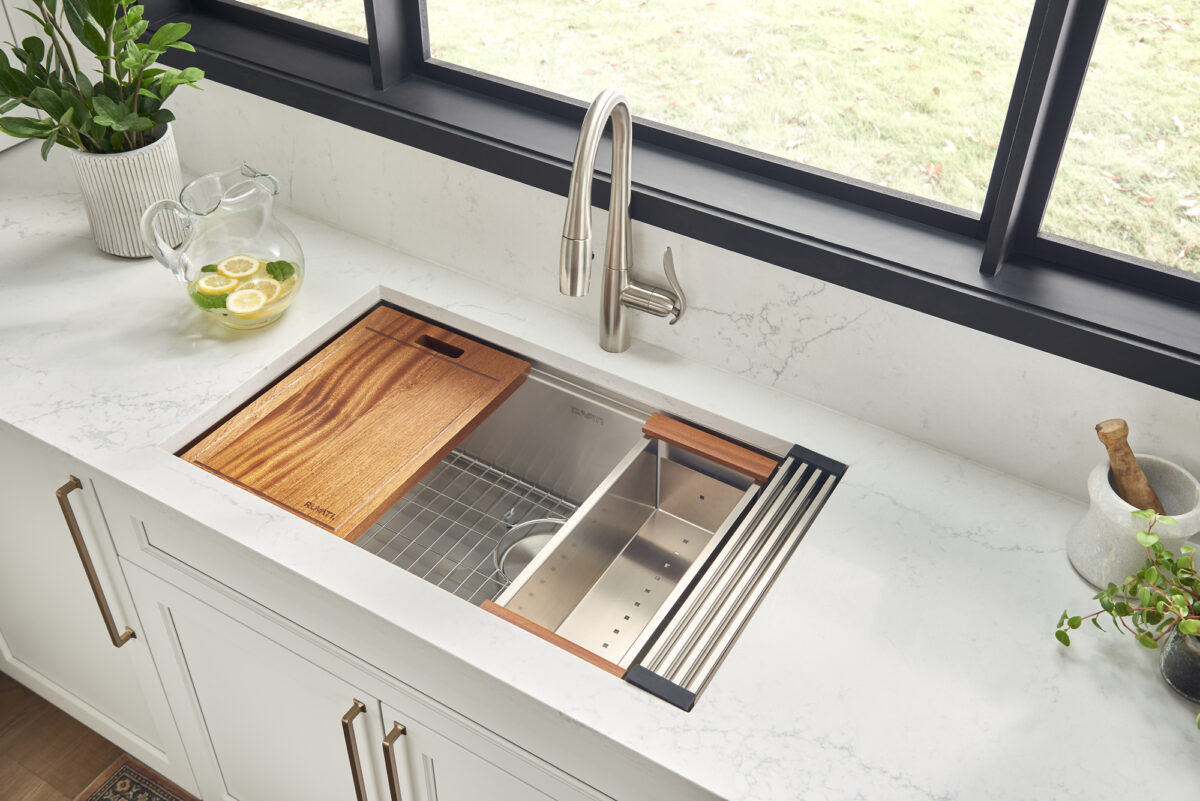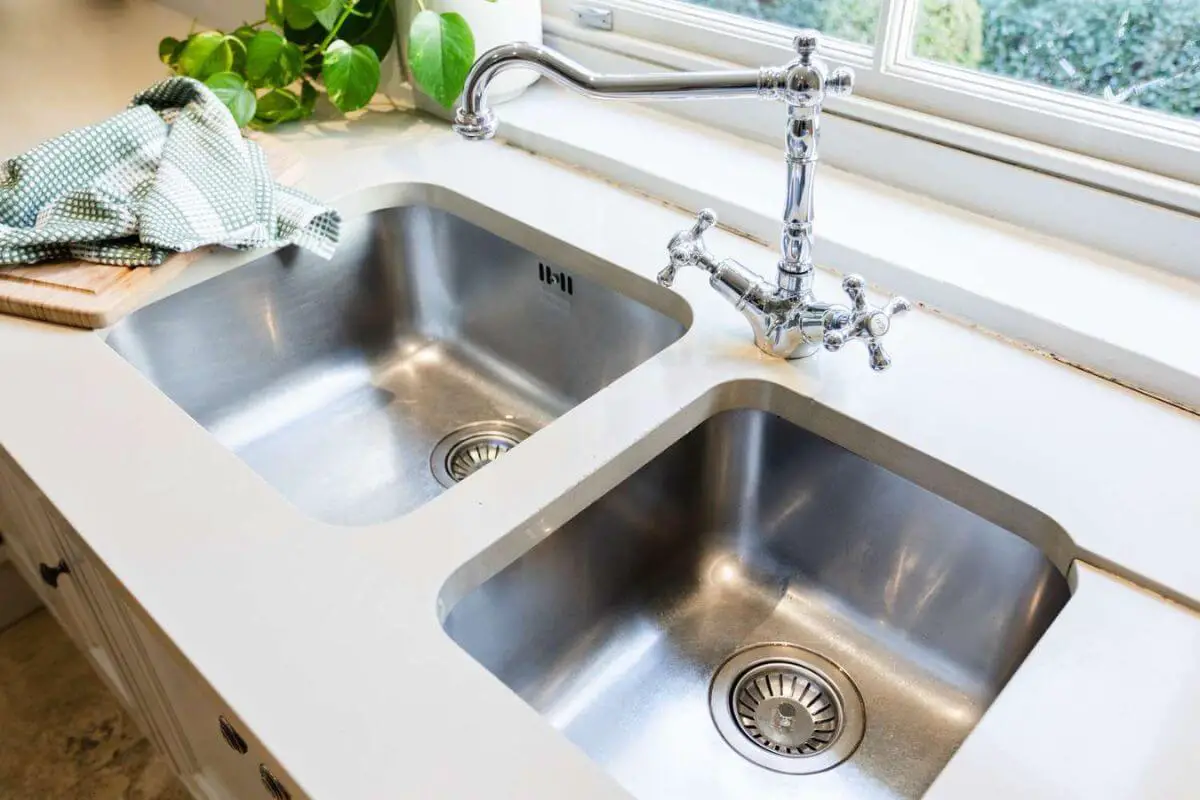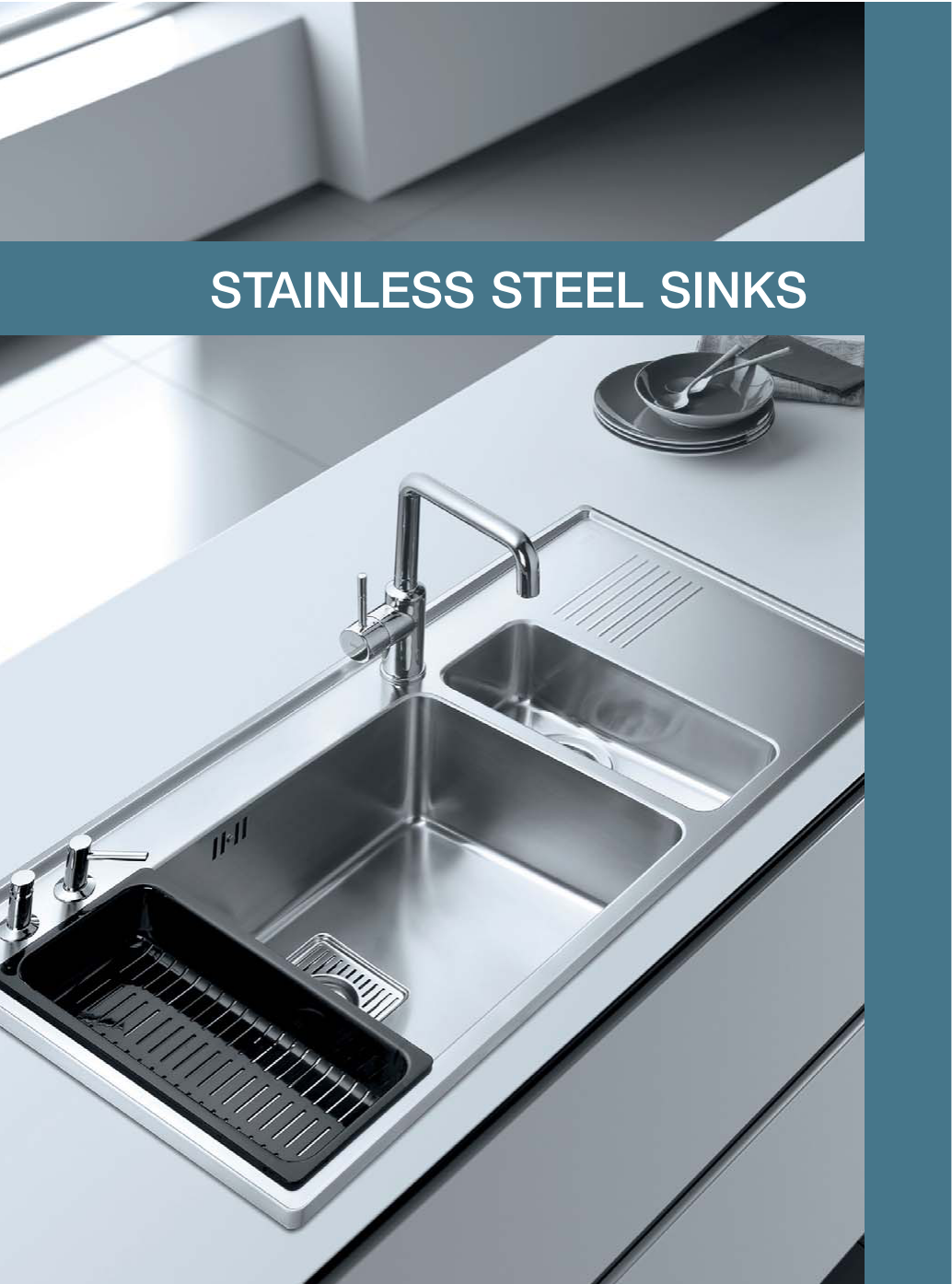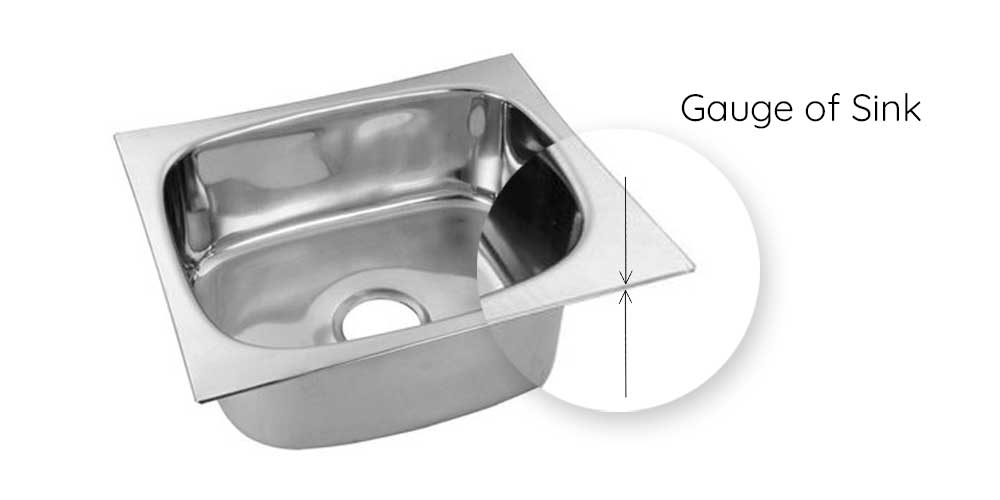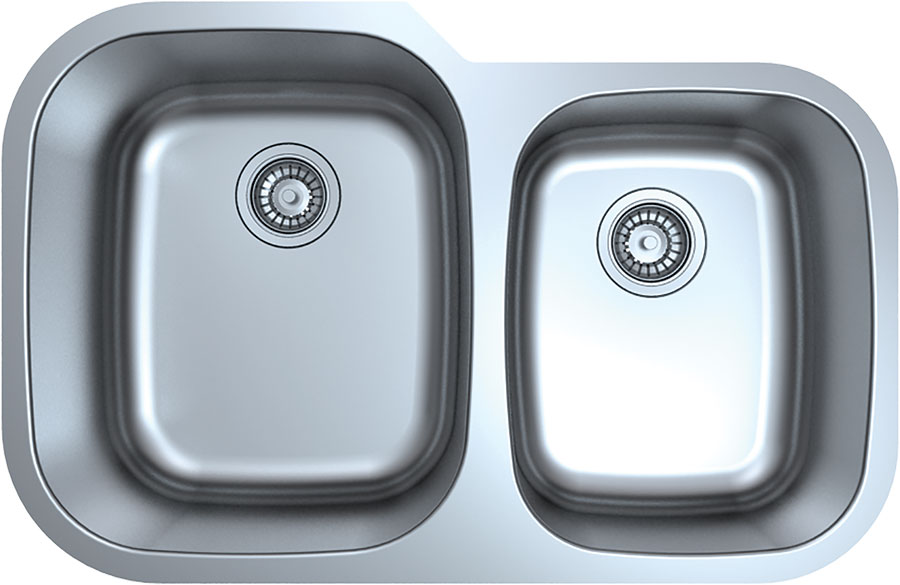When it comes to choosing a kitchen sink, one important factor to consider is the gauge. The gauge refers to the thickness of the metal used to make the sink, with lower numbers indicating a thicker material. In this article, we will be comparing the two most popular gauges for kitchen sinks: 16 and 18. By the end, you'll have a better understanding of the differences between these two options and be able to make an informed decision on which one is best for your kitchen.Gauge Comparison: 16 vs 18 for Kitchen Sinks
Before we dive into the differences between 16 and 18 gauge kitchen sinks, it's important to understand how to choose the right gauge for your specific needs. The gauge of a kitchen sink can affect its durability, appearance, and price, so it's important to consider these factors before making a decision. First, think about how often you use your sink and for what purposes. If you have a busy household and use your sink frequently for tasks like washing dishes or preparing food, you may want to opt for a thicker gauge sink for added durability. On the other hand, if you have a smaller household or don't use your sink as often, a thinner gauge sink may be suitable. You should also consider the aesthetic appeal of the sink. Thicker gauge sinks tend to have a more substantial and luxurious look, while thinner gauge sinks can appear more sleek and modern. Additionally, the price of a sink can also be affected by its gauge, with thicker gauges typically being more expensive.Choosing the Right Gauge for Your Kitchen Sink
16 gauge kitchen sinks are on the thicker end of the spectrum and are known for their durability and resistance to dents and scratches. They also have a more solid and sturdy feel, which can be appealing to some homeowners. Additionally, 16 gauge sinks tend to have a higher weight limit, making them suitable for heavy-duty use. However, the main downside to 16 gauge sinks is their price. They are typically more expensive than 18 gauge sinks, which may not be feasible for some budgets. They can also be more challenging to install due to their heavier weight. Additionally, 16 gauge sinks may be more prone to noise and vibration when water is running or dishes are being washed.Pros and Cons of 16 Gauge Kitchen Sinks
18 gauge kitchen sinks, while not as thick as 16 gauge sinks, still offer a good balance of durability and affordability. They are less expensive than 16 gauge sinks and can still withstand daily use without denting or scratching easily. 18 gauge sinks are also easier to install due to their lighter weight. On the downside, 18 gauge sinks may not be as sturdy as 16 gauge sinks and may have a slightly higher risk of denting or scratching. They also have a lower weight limit, which may not be suitable for heavy-duty use. Additionally, 18 gauge sinks may not have the same luxurious appearance as 16 gauge sinks.Pros and Cons of 18 Gauge Kitchen Sinks
Now that we've covered the pros and cons of each gauge, let's dive into the specific differences between 16 and 18 gauge kitchen sinks. The main difference between these two gauges is their thickness. As mentioned before, 16 gauge sinks are thicker and heavier than 18 gauge sinks. This can affect their durability and weight limit, as well as their overall appearance and price. Additionally, 16 gauge sinks may have a more solid and sturdy feel, while 18 gauge sinks may have a lighter and more flexible feel. This can also affect the noise and vibration levels when using the sink, with 16 gauge sinks being more prone to noise. Another difference to consider is the cost. As 16 gauge sinks are thicker and more durable, they tend to be more expensive than 18 gauge sinks. This may be a deciding factor for those on a budget.Differences Between 16 and 18 Gauge Kitchen Sinks
The answer to this question ultimately depends on your personal preferences and needs. If you're looking for a durable and luxurious sink and don't mind spending a bit more, a 16 gauge sink may be the best option for you. However, if affordability and ease of installation are more important, an 18 gauge sink may be the better choice. It's also worth noting that the gauge is not the only factor to consider when choosing a kitchen sink. The material of the sink, such as stainless steel or porcelain, can also affect its durability and appearance.Which Gauge is Better for a Kitchen Sink?
Both 16 and 18 gauge kitchen sinks are durable options that can withstand daily use. However, 16 gauge sinks may have a slight edge in terms of resistance to dents and scratches due to their thicker material. This can be especially beneficial for those with busy households or who frequently use their sink for heavy-duty tasks. That being said, 18 gauge sinks can still hold up well and may be a more budget-friendly choice for those looking for a durable sink.Durability of 16 vs 18 Gauge Kitchen Sinks
As mentioned before, 16 gauge sinks are typically more expensive than 18 gauge sinks. This is due to their thicker and more luxurious material. The cost difference can vary depending on the brand and specific model, but on average, 16 gauge sinks can be up to 20% more expensive than 18 gauge sinks. When considering the cost, it's important to also factor in the installation costs. As 16 gauge sinks are heavier and more challenging to install, they may require professional installation, which can add to the overall cost. 18 gauge sinks, on the other hand, are generally easier to install and may not require professional help.Cost Comparison: 16 vs 18 Gauge Kitchen Sinks
Both 16 and 18 gauge kitchen sinks are relatively easy to maintain and care for. Regular cleaning with a mild soap and water solution is usually enough to keep them looking clean and shiny. However, it's important to avoid using harsh chemicals or abrasive sponges, as they can damage the sink's surface. Some people may prefer the appearance of 16 gauge sinks, as they tend to hide water spots and scratches better than 18 gauge sinks. However, as both options are made from stainless steel, they are resistant to rust and corrosion and can last for many years with proper care.Maintenance and Care for 16 vs 18 Gauge Kitchen Sinks
When it comes to choosing a specific brand for your kitchen sink, there are many options available for both 16 and 18 gauge sinks. Some popular brands for 16 gauge sinks include Kraus, Ruvati, and Frigidaire. For 18 gauge sinks, popular brands include Moen, Kohler, and Blanco. It's important to do your research and read reviews when choosing a brand, as the quality and durability can vary between manufacturers.Popular Brands for 16 and 18 Gauge Kitchen Sinks
Benefits of Using 16 and 18 Gauge for Your Kitchen Sink

What is the difference between 16 and 18 gauge for kitchen sinks?
 When it comes to choosing the right kitchen sink for your home, one of the most important factors to consider is the gauge of the sink. The gauge refers to the thickness of the metal used to make the sink. The two most common gauges for kitchen sinks are 16 and 18, with 16 being slightly thicker than 18. While both options have their own advantages, it is important to understand the differences between them in order to make an informed decision for your kitchen design.
When it comes to choosing the right kitchen sink for your home, one of the most important factors to consider is the gauge of the sink. The gauge refers to the thickness of the metal used to make the sink. The two most common gauges for kitchen sinks are 16 and 18, with 16 being slightly thicker than 18. While both options have their own advantages, it is important to understand the differences between them in order to make an informed decision for your kitchen design.
Strength and Durability
 One of the main differences between 16 and 18 gauge sinks is their strength and durability. A 16 gauge sink is thicker and therefore, stronger than an 18 gauge sink. This means that it can withstand more weight and pressure without denting or bending. If you have a busy kitchen with heavy usage, a 16 gauge sink would be the ideal choice as it can handle heavy pots and pans without any damage.
One of the main differences between 16 and 18 gauge sinks is their strength and durability. A 16 gauge sink is thicker and therefore, stronger than an 18 gauge sink. This means that it can withstand more weight and pressure without denting or bending. If you have a busy kitchen with heavy usage, a 16 gauge sink would be the ideal choice as it can handle heavy pots and pans without any damage.
Appearance and Style
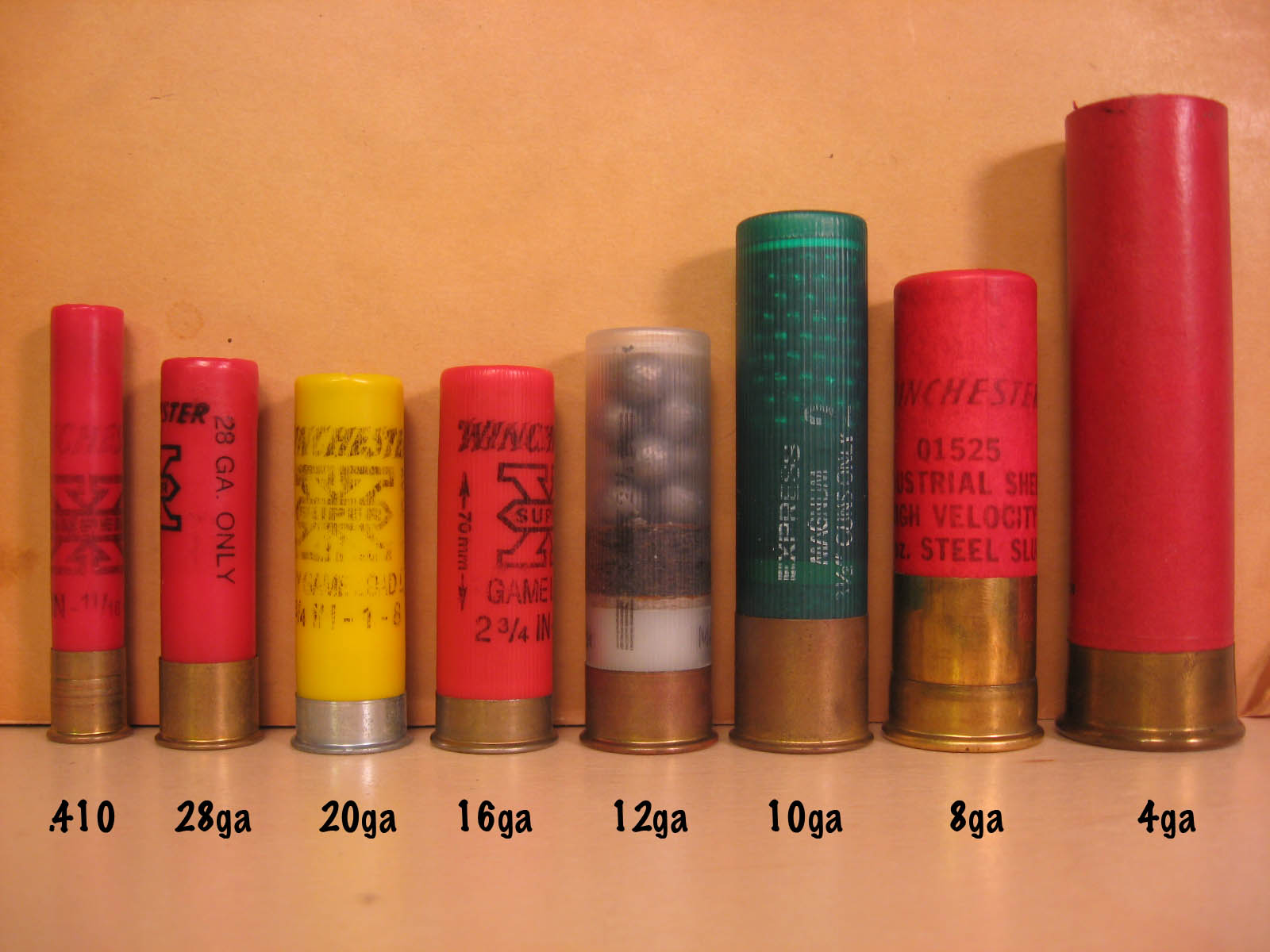 Another important factor to consider when choosing between 16 and 18 gauge sinks is their appearance and style. A 16 gauge sink is thicker and has a more solid and substantial look, which can add a touch of luxury to your kitchen. On the other hand, an 18 gauge sink has a thinner and more delicate appearance, which can give your kitchen a sleek and modern look. It ultimately depends on your personal preference and the overall style of your kitchen.
Another important factor to consider when choosing between 16 and 18 gauge sinks is their appearance and style. A 16 gauge sink is thicker and has a more solid and substantial look, which can add a touch of luxury to your kitchen. On the other hand, an 18 gauge sink has a thinner and more delicate appearance, which can give your kitchen a sleek and modern look. It ultimately depends on your personal preference and the overall style of your kitchen.
Noise Reduction
 The thickness of a sink can also affect the amount of noise it produces. A 16 gauge sink is thicker and more sound-absorbing, making it a quieter option compared to an 18 gauge sink. This is especially important for open-concept kitchens where noise from the sink can easily travel to other areas of the house. If you want a quieter kitchen, a 16 gauge sink would be the better choice.
The thickness of a sink can also affect the amount of noise it produces. A 16 gauge sink is thicker and more sound-absorbing, making it a quieter option compared to an 18 gauge sink. This is especially important for open-concept kitchens where noise from the sink can easily travel to other areas of the house. If you want a quieter kitchen, a 16 gauge sink would be the better choice.
Price
 Price is another important factor to consider when choosing between 16 and 18 gauge sinks. Generally, a 16 gauge sink is more expensive than an 18 gauge sink due to its thicker and more durable material. However, investing in a 16 gauge sink may be worth it in the long run as it is more resistant to dents and dings, and can last for many years without needing to be replaced.
Price is another important factor to consider when choosing between 16 and 18 gauge sinks. Generally, a 16 gauge sink is more expensive than an 18 gauge sink due to its thicker and more durable material. However, investing in a 16 gauge sink may be worth it in the long run as it is more resistant to dents and dings, and can last for many years without needing to be replaced.
In Conclusion
 When it comes to choosing between 16 and 18 gauge sinks for your kitchen, there is no right or wrong answer. It ultimately depends on your personal preferences and the specific needs of your kitchen. If you want a stronger and more durable sink, then 16 gauge is the way to go. If you prefer a sleek and modern look, then 18 gauge may be the better option. Whichever you choose, make sure to consider all the factors and make an informed decision that suits your kitchen design and lifestyle.
When it comes to choosing between 16 and 18 gauge sinks for your kitchen, there is no right or wrong answer. It ultimately depends on your personal preferences and the specific needs of your kitchen. If you want a stronger and more durable sink, then 16 gauge is the way to go. If you prefer a sleek and modern look, then 18 gauge may be the better option. Whichever you choose, make sure to consider all the factors and make an informed decision that suits your kitchen design and lifestyle.


